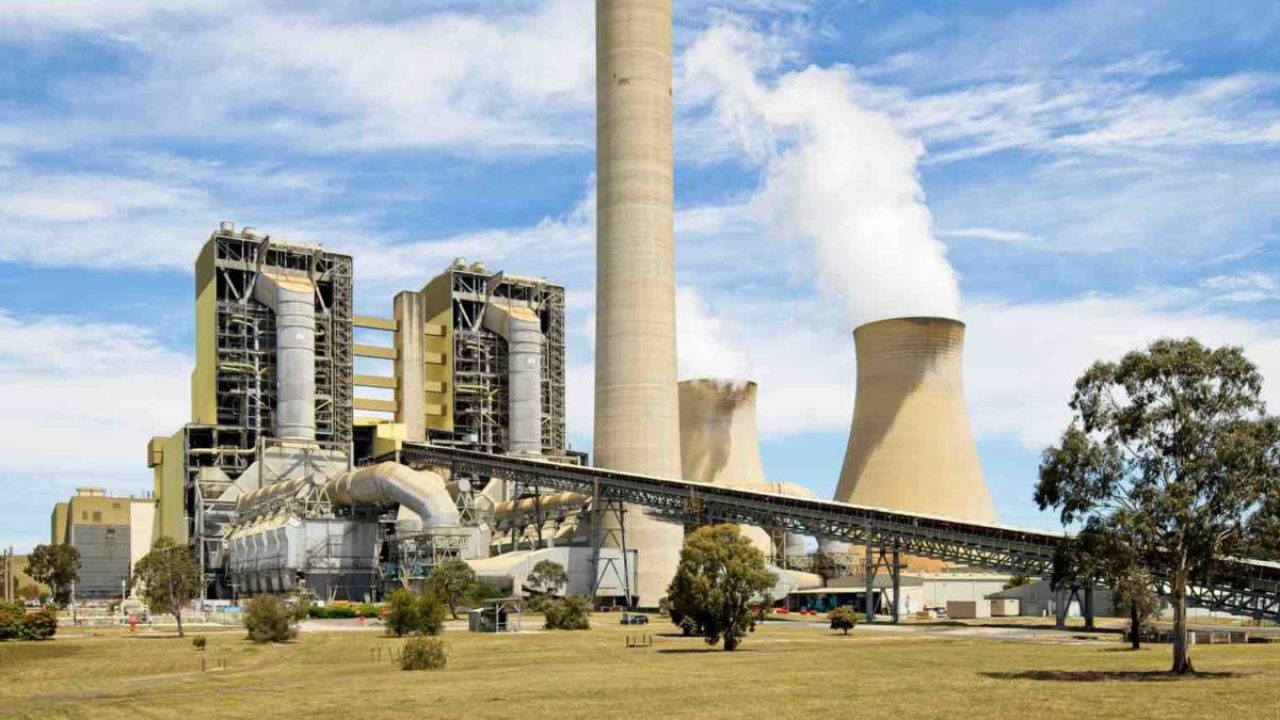STATEMENT: FEDERAL MEMBER FOR GIPPSLAND DARREN CHESTER
I welcome the release of the Coalition’s detailed national plan for energy security.
It’s a plan that respects regional communities and ensures any safety concerns can be overcome, and if we hosted a nuclear power station in the Latrobe Valley in the future, there would be enduring social and economic benefits to our community.
The Latrobe Valley has some strategic advantages due to the existing transmission infrastructure and a skilled local workforce, but more detailed investigations will be required in the years ahead.
I will be listening to locals, consulting the experts, and putting the needs of Gippsland and Latrobe Valley first, and endeavouring to act in the national interest at all times.
I have always had an open mind when it comes to the public debate regarding nuclear energy in Australia and the potential for the Latrobe Valley to host a nuclear power station.
I welcome the opportunity to have a balanced, rational and mature discussion with the people of Gippsland, whom I have always respected for their common sense and good judgement. This is not a debate we should be scared about as a community.
It’s time for a calm and rational conversation with the Australian people based on facts, technology and environmental science, not fear campaigns and political science.
The same people who recklessly blame each severe weather event on climate change and warn of more unreliable weather in the future now want to sign our children up for a 100% weather-dependent energy system.
No doubt, they will run a scare campaign when what Australians really want is a facts campaign.
I believe in a balanced approach to meeting our future energy needs based on the best available science from Australia and overseas. I believe we should be taking advantage of a range of technologies to meet the challenge of supplying reliable and affordable power while fulfilling our international agreements to reduce emissions.
Energy security is a matter of national security. Every country needs to be able to keep the lights on, run the public transport network, hospitals and universities, and ensure businesses and farmers can still produce goods at a competitive price, which are needed in a modern society.
Frankly, it is juvenile and demeaning to listen to some Federal Labor MPs continually joking about the ‘The Simpsons’ cartoon in Parliamentary debates, as if it’s an intelligent reference point for a mature conversation on an issue of inter-generational significance.
My electorate of Gippsland has a proud heritage as an energy-producing region, and there is a high level of ‘energy literacy’ in the community. I’m proud of the local workers who have kept the lights on and warmed or cooled our homes for more than 100 years. Their hard work has meant that cheap and reliable energy has been a competitive advantage for our nation.
We have a proud heritage as an energy-producing region, and I’m confident we will have an important role to play in the future.
Local people tend to understand the complex energy trifecta of affordability, reliability and environmental sustainability in accordance with international efforts.
This energy literacy has come about because Gippsland has hosted large-scale energy-producing facilities, including brown coal and offshore oil and gas, for decades, along with wind and solar farms in more recent times. We are also expecting to see an energy-from-waste project developed at the Maryvale Mill, and we have been identified as a region that could host major offshore wind infrastructure.
Just as we are considering large-scale renewable projects with offshore wind farms, energy from waste at Maryvale, the coal-to-hydrogen project, and the potential recycling of coal-fired power stations with biofuels, we need to take a pragmatic approach to the nuclear debate.
For example, there needs to be full transparency on the claimed cost savings around reusing existing transmission lines because constructing new infrastructure to support industrial-scale renewable projects remains a contested public issue in many regions. There also needs to be some factual and honest debate about the resources needed to construct wind turbines and solar panels and their life expectancies.
If there is bipartisan support for nuclear medicine and nuclear-powered submarines as part of the AUKUS agreement, we should be able to have a rational debate about the merits of nuclear technology to help meet our future energy needs in Australia.
Dozens of advanced countries worldwide use nuclear energy, and Australia remains the third largest exporter of uranium to help power those economies. That doesn’t mean we have to build nuclear power stations, but if they are operating safely around the world, it makes sense to consider them as part of the broader mix of energy sources.

